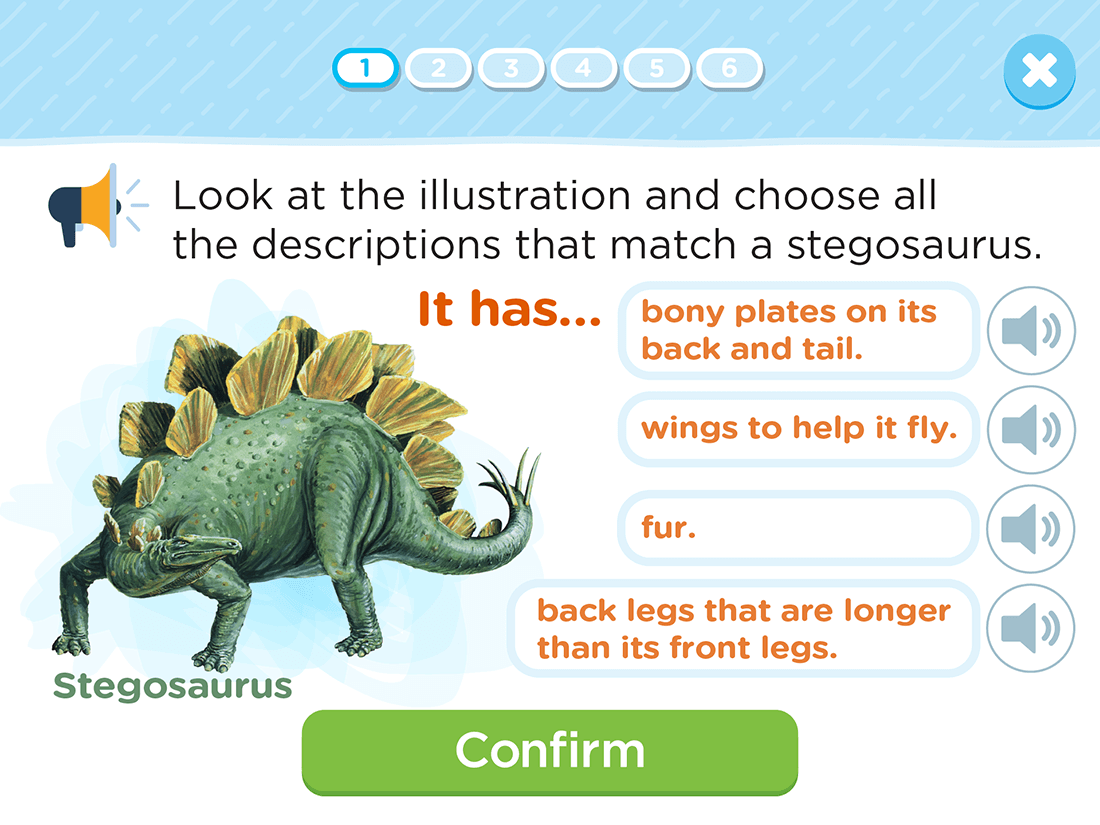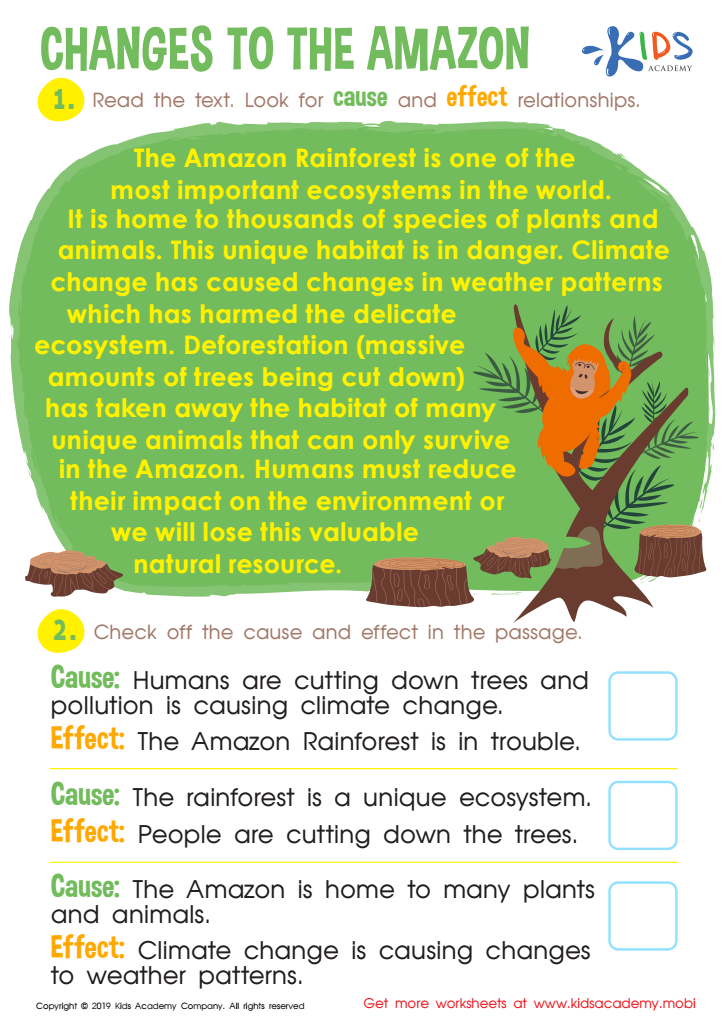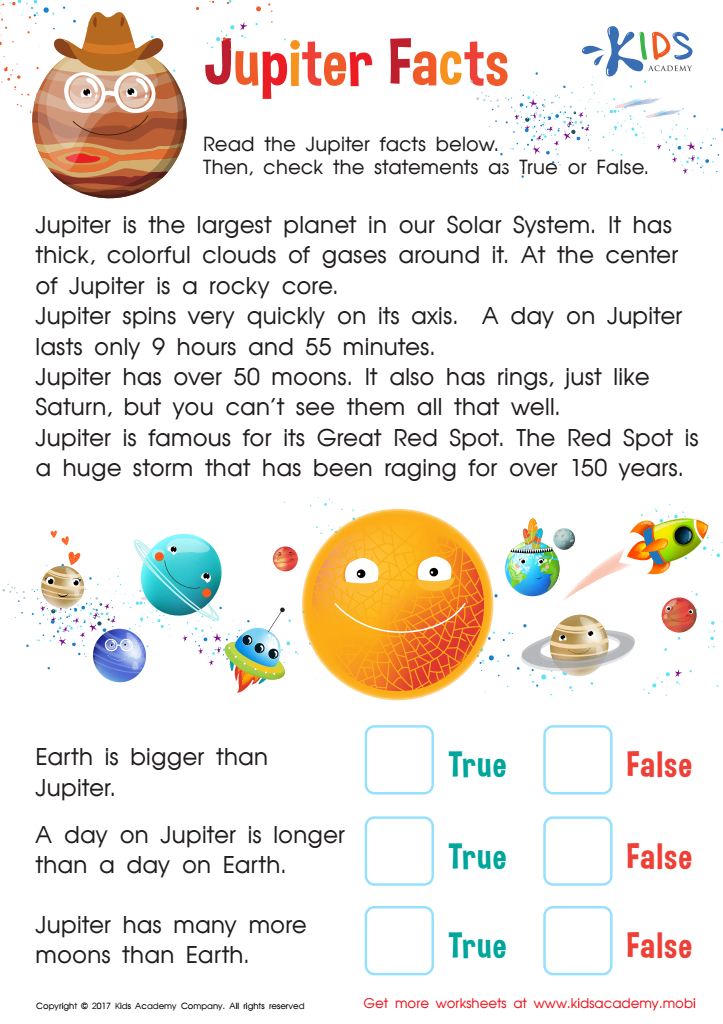Discovering the World Page by Page: Why Kids Need Non-Fiction
March 11, 2024
As a child progresses through school, non-fiction books become more important in their learning journey. However, oftentimes children are not exposed to appropriate non -fiction books at an early age. Non-fiction selections are a great choice for young readers, leading them to gain exciting knowledge about the real world. For kids in elementary school, especially those budding readers in second grade who are now starting to read to learn, non-fiction pieces are a great way to expand a child’s knowledge about the world.
Kids Academy offers a bunch of excellent interactive Non-fiction Comprehension Quizzes developed to improve children's skills of working with informational texts. Click on the gif below to check out the quizzes!
There are many benefits to exposing students in lower grades to non-fiction books:
- Children who are learning to read in second grade, can grasp a better understanding of many subjects, making learning in all areas more accessible and enjoyable.
- Young children can gain a special vocabulary which can help them express their thoughts and questions about the world. And prepare them for upper grades.
- Non- fiction teaches critical thinking skills, encouraging children to analyze information, differentiate between fact and opinion, and draw conclusions.
- Through different types of books, children can gain an understanding of different cultures, perspectives, and experiences. All while developing empathy and compassion for others.
Picking the Perfect Non-fiction Books
With non-fiction books not typically being accessible to children at a younger age, it is important to select options that are not overwhelming and make learning feel like an adventure rather than a chore.
- Talk to your child about topics that they are interested in. They will be more engaged if it is a topic they enjoy. If your child loves sea life they might like to read a book like “Earth's Incredible Oceans” by Jess French. Or if they enjoy playing video games they could want to explore how one man changed the way video games were played in the book “ Jerry Changed the Game!” by Don Tate
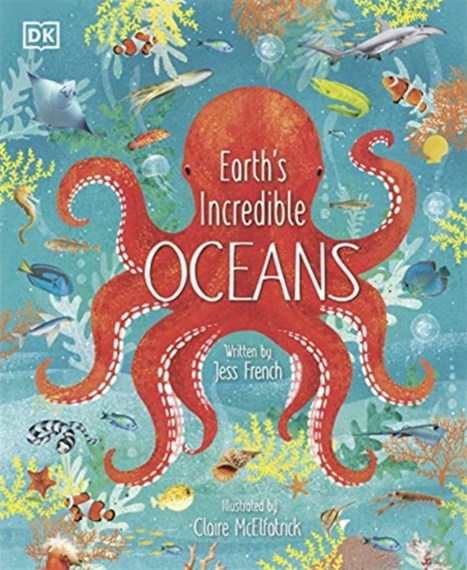
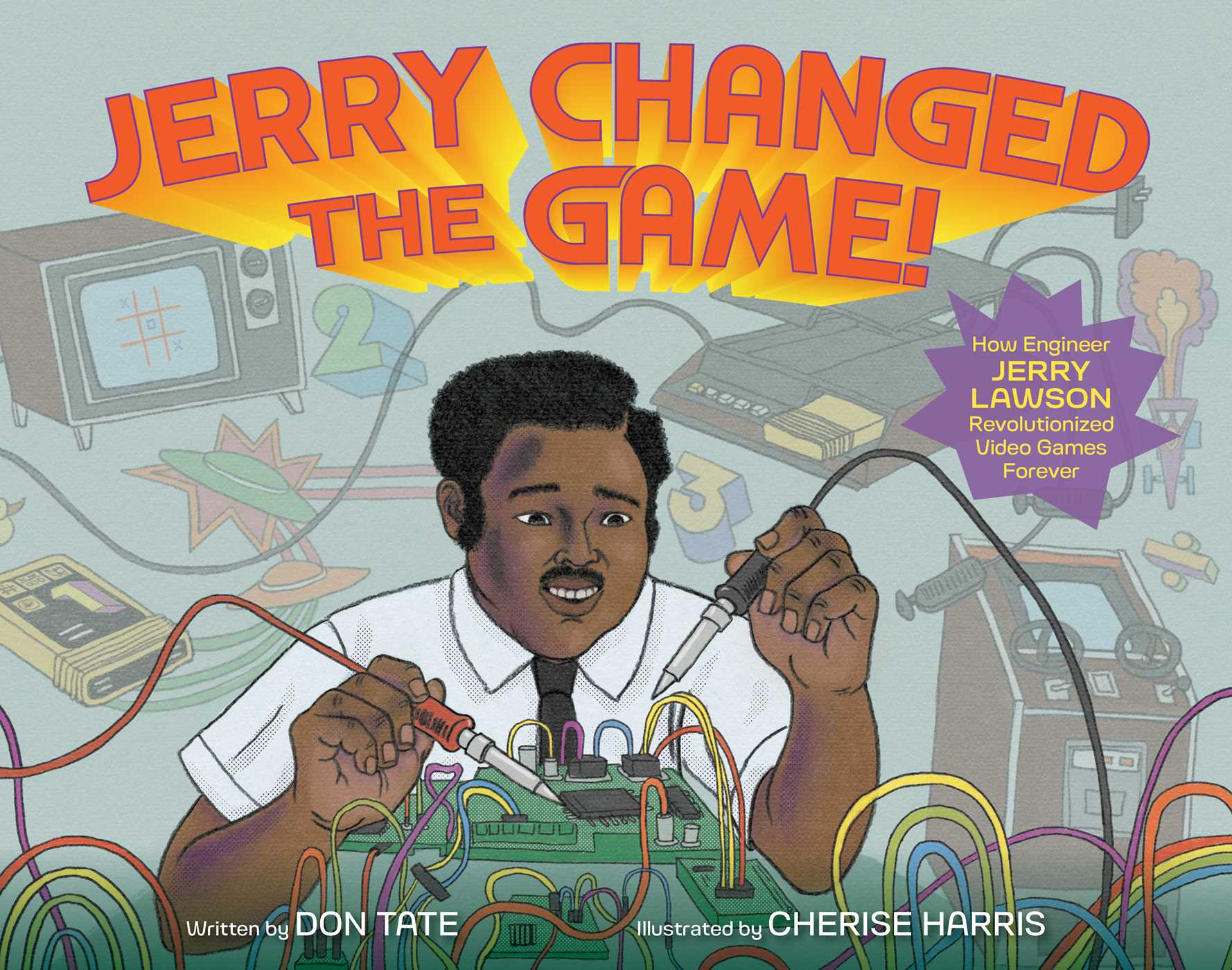
- Make connections to what is going on in their life. If you notice your child has been pointing out different types of bugs when outside, then giving them a book like “Bugs (A Day in the Life): What Do Bees, Ants, and Dragonflies Get Up to All Day?” might pique their interest and expand their learning on bugs.
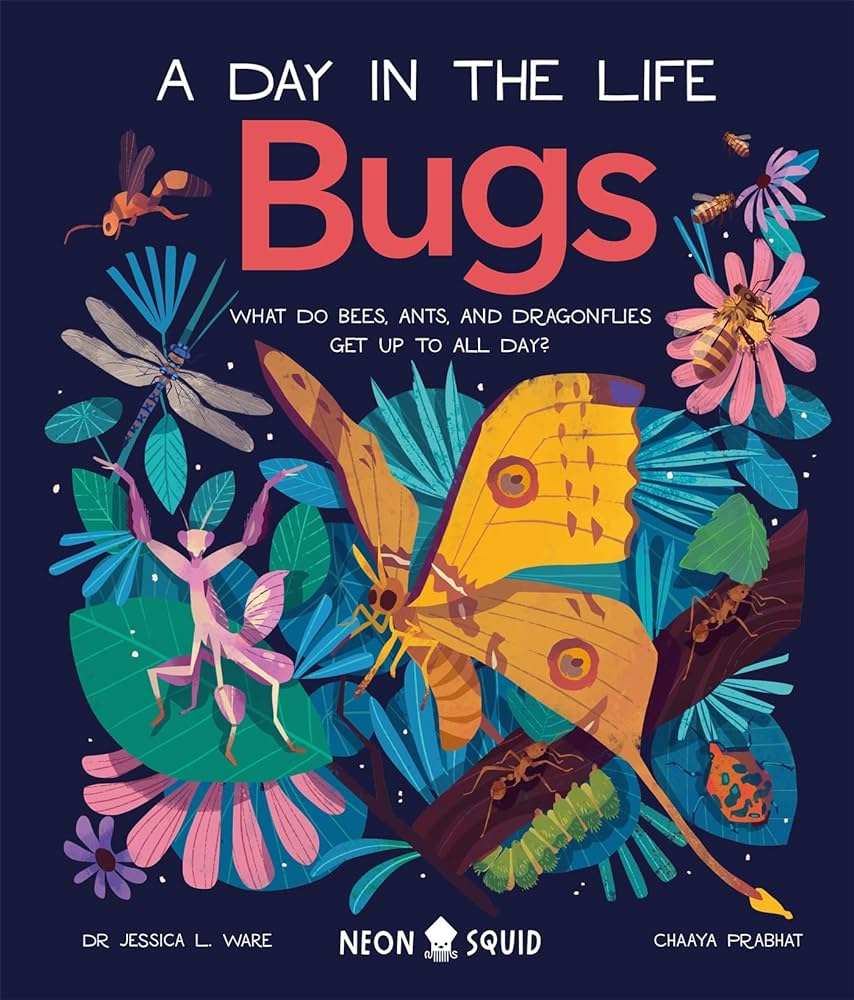

- Pair their favorite fiction story with a non-fiction book. If your child loves the story of “ Moana”, they may enjoy the non-fiction book “Fiji” by Tarisi Vunidilo, as it talks about the island the movie is inspired by.
When picking out non-fiction books for a your child, remember it's not just about getting them busy with reading. It's also about sparking their curiosity, raising their confidence, and promoting a lifelong love for learning.
Fun Ways to Dive Into Non-fiction
Digging into a non-fiction book doesn’t have to be boring.Working with kids on non-fiction books is all about making the experience interactive and fun. Like mentioned before, start by choosing a book that is interesting to them. Once you have the right book, there are many ways you can enhance their learning through non-fiction books.
- As you read, pause to chat about interesting facts or ask questions like, "What do you think happens next?" or "Why do you think that's important?"
- Use interactive learning worksheets. Our collection of 2nd grade reading worksheets is all about making learning exciting, with cool topics and questions that get kids thinking. Is your child interested in protecting the planet? Have them check out Changes to the Amazon worksheet after reading about the rain forest to reinforce their learning. There are questions that check for their understanding and get them to make cause and effect connections. Or do they want to know more about our largest planet in the solar system? Our Jupiter Facts worksheet will give them some cool information about the planet as well as testing their understanding with a true or false check. Click on the worksheets to download them or complete online!
- Make topics relatable by connecting them to your child's daily life and personal experiences. Whether it's through hands-on activities like planting a seed after reading about plants, using interactive maps to explore distant locations mentioned in books, or undertaking personal projects related to their readings, such as creating a poster about the solar system.
- Incorporate technology into your 2nd grader's non-fiction exploration. Websites like National Geographic Kids, BrainPOP Jr. or Kids Academy provide educational movies, quizzes, games, and activities on a wide range of topics, from science and social studies to reading and writing.
Non-fiction books are more than just educational tools; they can expose children of young ages to a wide variety of subjects preparing them for their later years in school. By selecting books that align with their interests and incorporating interactive elements, we can transform reading into an exciting adventure. This approach not only deepens their knowledge but fosters a lifelong passion for learning.



